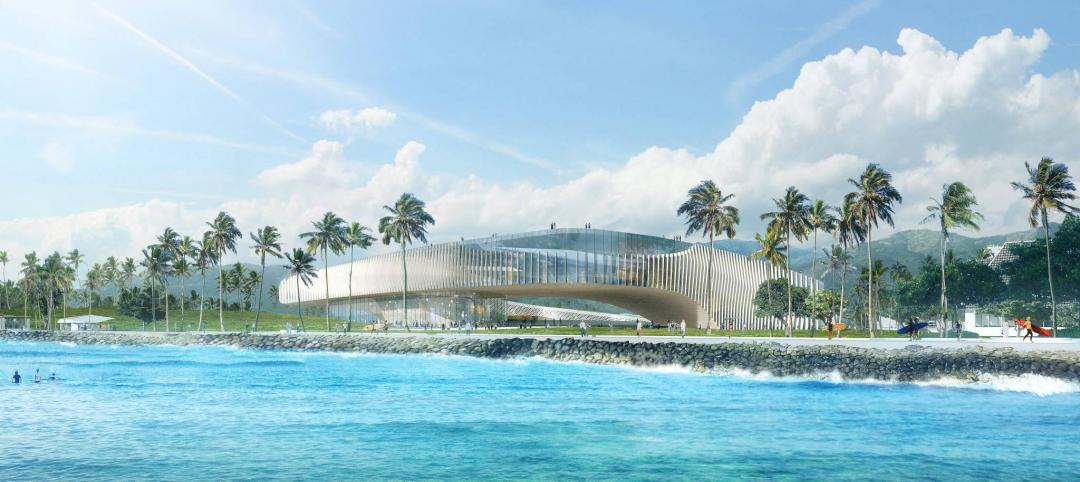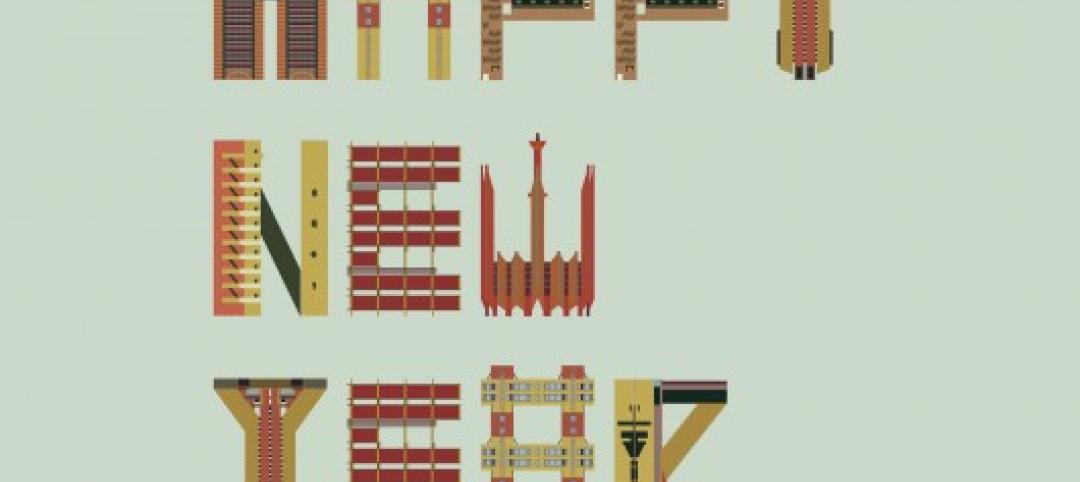The American Institute of Architects (AIA) and the Architects Foundation announced the signing of a memorandum of understanding with architecture firm HOK under which HOK will facilitate focus group activities in partnership with the AIA’s Design and Health Research Consortium, which works to advance university-led research in the area of design and health.
Under the agreement, the AIA and HOK will work with the consortium on its key priority: identifying and developing practice-focused opportunities for funded research, publications and tools in the area of design and public health.
The goal of the collaboration is to help members conduct research that can be translated into practice by architects and be beneficial to people.
“HOK is a bridge to the client community,” said Suzanna Kelley, FAIA, AIA’s Managing Director of Strategic Alliances and Initiatives. “This first collaboration with the private sector is designed to inform consortium members what their ultimate client – the public – needs from their groundbreaking basic research into how design can help improve public well-being.”
The new partnership will leverage HOK’s global network of architects and clients to support translation of existing research—and build the case for more practice-focused research going forward. Findings from the focus groups will be documented and used to help the Consortium universities direct their health research towards a more targeted, client-based approach. The goal of this new partnership is to help Consortium teams further understand how research can be used in architectural practice, and to further the conversation with the Consortium’s public health partners. Focus groups will occur for the next year, concluding in May of 2017.
“We look forward to facilitating focus groups for these institutions and our multidisciplinary design partners in architecture, interiors, landscape, planning and engineering—as well as our clients—in the effort to focus the next generation of research on this important issue,” said Anica Landreneau, Associate AIA, LEED AP, HOK’s director of sustainable design. “HOK and the AIA seek to promote the understanding and application of critical ideas, research outcomes and evidence that sustainable design truly will improve human health and wellness, in addition to ecological health.”
The focus groups will occur at or near the Consortium universities (full list can be found here). These meetings will document the findings of these important conversations. The partnership with HOK provides the AIA and the Foundation with a unique opportunity to engage a respected architectural firm with significant reach on a domestic and global scale. It also helps the AIA fulfill its primary mission of facilitating holistic, synchronous and multi-scale solutions that can empower its members to address a wide range of areas connecting design and public health.
The memorandum of understanding calls for the parties to document and summarize focus group feedback for a broader audience, including the Association of Collegiate Schools of Architecture (ACSA), Association of Schools and Programs of Public Health ASPPH the Consortium Network and participants. The agreement also calls for establishing a process for providing AIA Continuing Education for architect members at each focus group event.
Related Stories
Smart Buildings | Jan 7, 2015
Best practices for urban infill development: Embrace the region's character, master the pedestrian experience
If an urban building isn’t grounded in the local region’s character, it will end up feeling generic and out-of-place. To do urban infill the right way, it’s essential to slow down and pay proper attention to the context of an urban environment, writes GS&P's Joe Bucher.
| Jan 6, 2015
Construction permits exceeded $2 billion in Minneapolis in 2014
Two major projects—a new stadium for the Minnesota Vikings NFL team and the city’s Downtown East redevelopment—accounted for about half of the total worth of the permits issued.
| Jan 6, 2015
Snøhetta unveils design proposal of the Barack Obama Presidential Center Library for the University of Hawaii
The plan by Snøhetta and WCIT Architecture features a building that appears square from the outside, but opens at one corner into a rounded courtyard with a pool, Dezeen reports.
| Jan 5, 2015
Another billionaire sports club owner plans to build a football stadium in Los Angeles
Kroenke Group is the latest in a series of high-profile investors that want to bring back pro football to the City of Lights.
| Jan 5, 2015
Beyond training: How locker rooms are becoming more like living rooms
Despite having common elements—lockers for personal gear and high-quality sound systems—the real challenge when designing locker rooms is creating a space that reflects the attitude of the team, writes SRG Partnership's Aaron Pleskac.
| Jan 2, 2015
Illustrations of classic architecture bring in the new year with style
New York-based designer Xinran Ma has illustrated a New Year's greeting card that assembles pieces of various brutalist and modernist architecture.
| Jan 2, 2015
Construction put in place enjoyed healthy gains in 2014
Construction consultant FMI foresees—with some caveats—continuing growth in the office, lodging, and manufacturing sectors. But funding uncertainties raise red flags in education and healthcare.
| Dec 30, 2014
A simplified arena concept for NBA’s Warriors creates interest
The Golden State Warriors, currently the team with the best record in the National Basketball Association, looks like it could finally get a new arena.
| Dec 30, 2014
The future of healthcare facilities: new products, changing delivery models, and strategic relationships
Healthcare continues to shift toward Madison Avenue and Silicon Valley as it revamps business practices to focus on consumerism and efficiency, writes CBRE Healthcare's Patrick Duke.
| Dec 29, 2014
High-strength aluminum footbridge designed to withstand deep-ocean movement, high wind speeds [BD+C's 2014 Great Solutions Report]
The metal’s flexibility makes the difference in an oil rig footbridge connecting platforms in the West Philippine Sea. The design solution was named a 2014 Great Solution by the editors of Building Design+Construction.
















